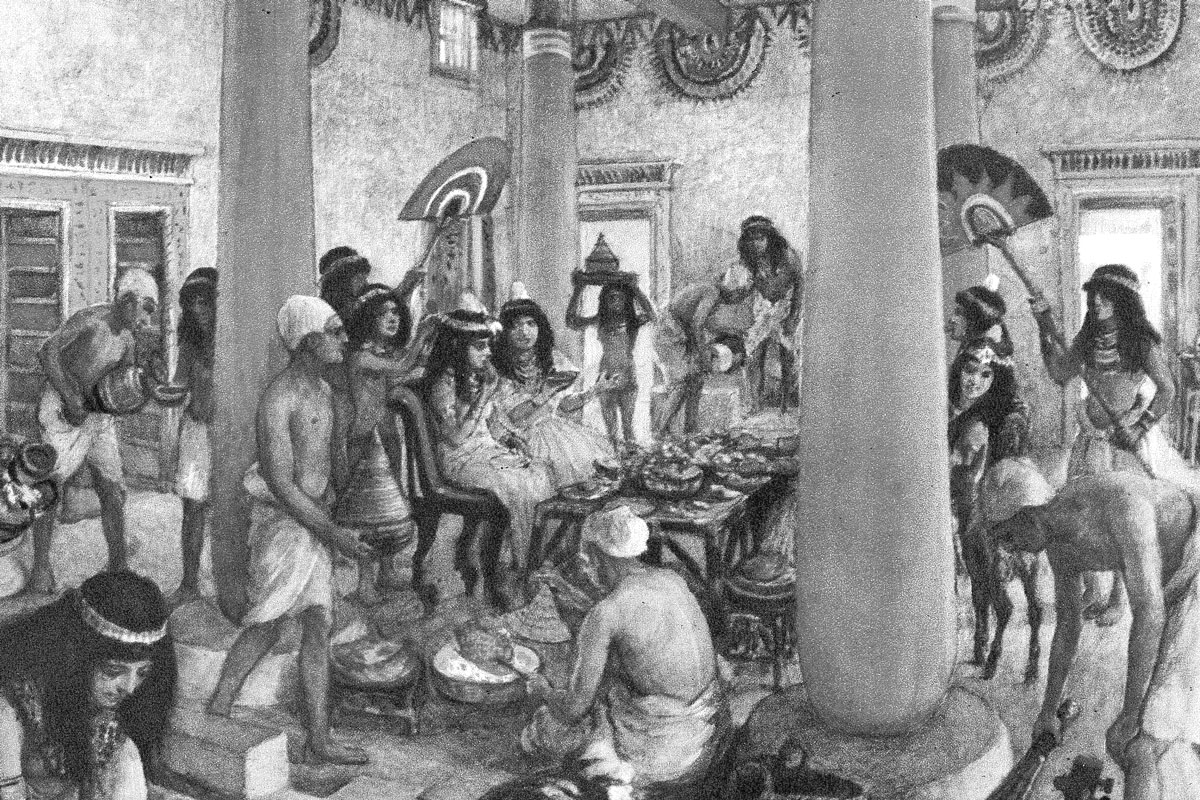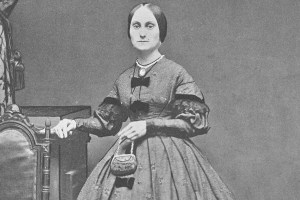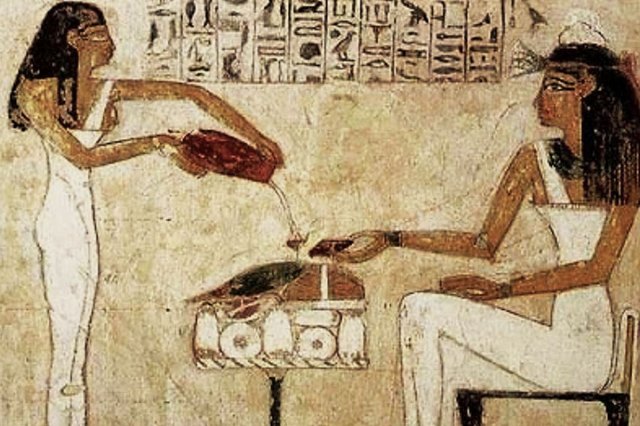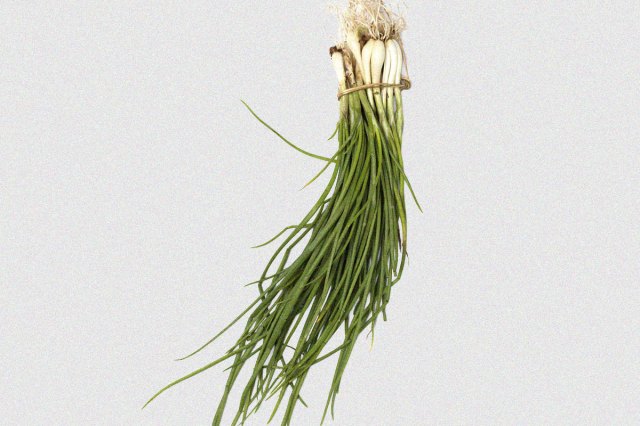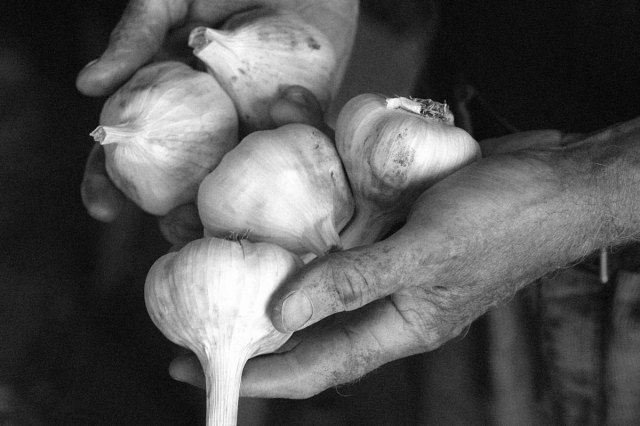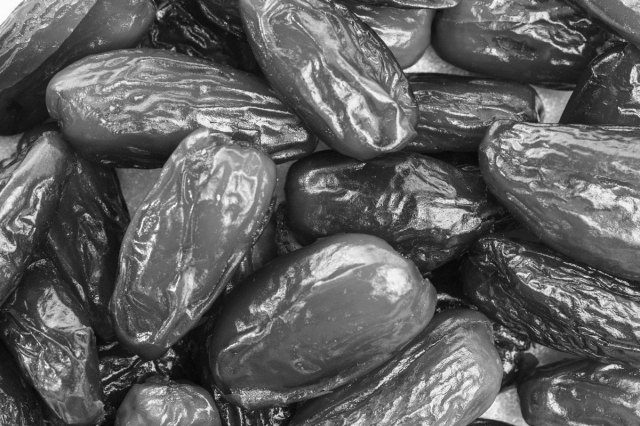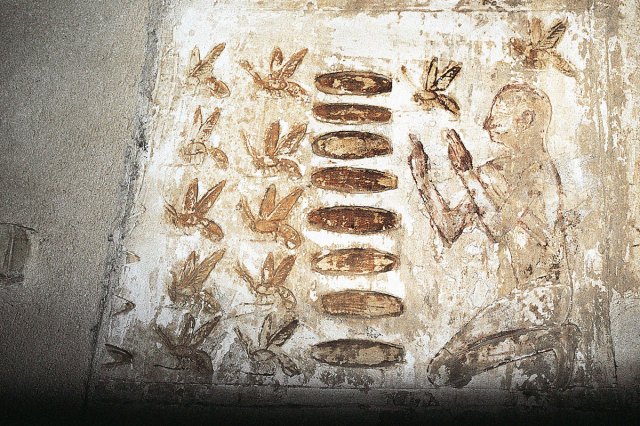What Ancient Egyptians Ate for Breakfast
Ancient Egypt was an industrious civilization, with extensive trade networks, a highly productive agricultural economy, and ambitious construction projects that ranged from ship building to monumental architecture. It existed for more than 3,000 years, expanding from a scattering of hunter-gatherer settlements to become one of the greatest empires in the world, famed for its hieroglyphic writing, advanced mummification, and, of course, the pyramids.
In order to fuel such industry, one thing was highly important: a solid breakfast. Luckily for the Egyptians, the fertile Nile River Valley provided abundant crops, helping transform Egypt into one of the most powerful agrarian civilizations of the ancient world. Annual flooding of the Nile created fields so fertile that in a good season, Egypt produced enough food to feed every person in the country with ease and still have a surplus.
So, there was little excuse for a laborer to skip breakfast, or for a pharaoh’s first meal of the day to be anything short of satisfactory. Here’s a look at what ancient Egyptians consumed in the morning before a long day in the Land of Ra.
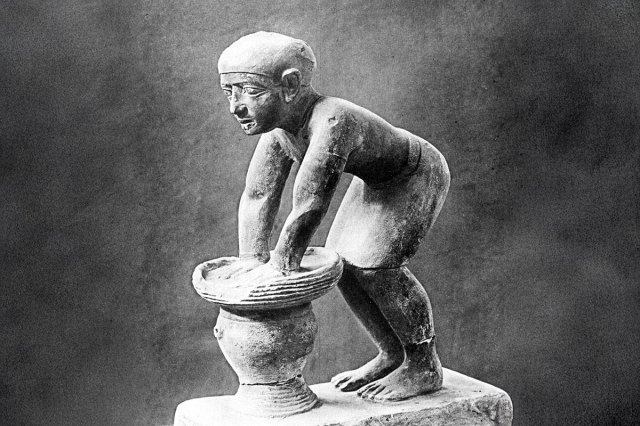
Bread
Bread was a fundamental staple of the ancient Egyptian diet. According to William Rubel in Bread: A Global History, more bread-related artifacts have been found from ancient Egypt than from any other period. The Egyptians made their bread from emmer wheat, one of the first crops domesticated in the region. Emmer is a hulled wheat, making it more difficult to turn into flour than other varieties. It was ground on flat stones called querns and then baked in ovens.
Despite the popularity of bread in ancient Egypt, archaeologists have discovered one notable drawback. During the bread-making process, airborne sand often got into the mix, resulting in widespread dental problems caused by the abrasive nature of sand and grit in this common breakfast food.





